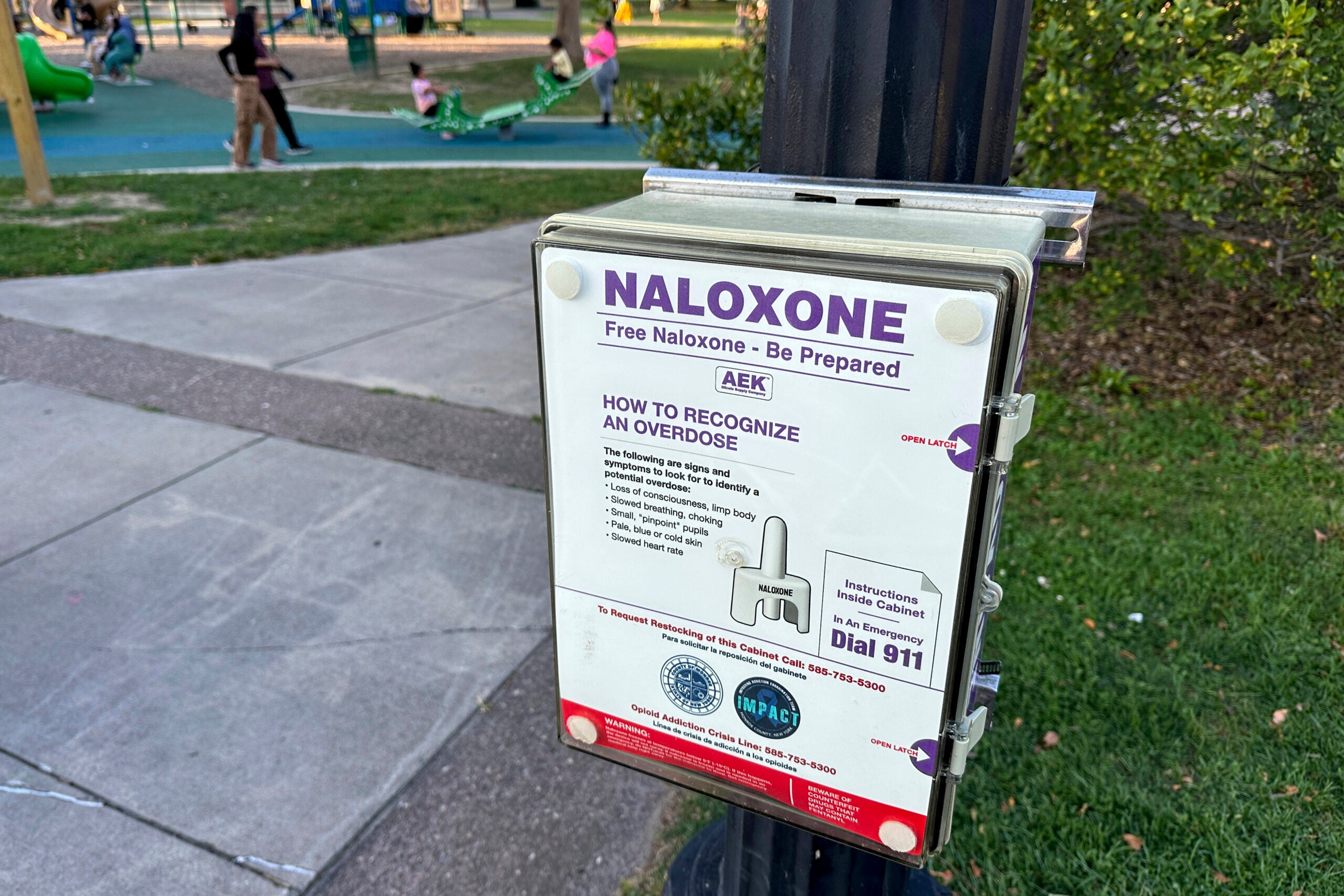The popularity of e-cigarettes has Wisconsin lawmakers wrestling with questions—where they should be used, if they should be taxed and whether they’re safe.
One bill in the state Legislature would require the Department of Public Instruction to regulate e-cigarettes on school property. A second would include e-cigs in the state indoor smoking ban. And yet another in the works would prevent local governments from banning e-cigs.
There’s concern among health advocates that such a proposal would be a setback. University of Minnesota pathology professor Stephen Hecht spoke at a capitol forum in Madison put on by the Evidence-Based Health Policy Project.
Stay informed on the latest news
Sign up for WPR’s email newsletter.
“It took us years to get where we are today,” Hecht said. “If you are going to have people vaping inside that’s going to change social norms backwards.”
Hecht said studies show e-cigarettes contain some of the same toxins as regular cigarettes, albeit at lower levels. The Food and Drug Administration is working on rules to regulate these devices.
Dr. Michael Miller specializes in addiction. He said he’s skeptical about e-cigs helping smokers quit.
“Common sense says maybe this would help,” said Miller. “It’s a huge ‘maybe’. There’s no consistent data to show that this will serve as a smoking cessation mechanism that will be successful—that’s even if it’s perfectly safe.“
The University of Wisconsin Center for Tobacco Research and Intervention is launching a five-year, $3.7 million study on the health effects of electronic cigarettes.
The Centers for Disease Control says the long term health impacts aren’t known. And health researchers at the forum in Madison said there are not a enough good studies yet to determine if e-cigarettes help people quit smoking.
Wisconsin Public Radio, © Copyright 2025, Board of Regents of the University of Wisconsin System and Wisconsin Educational Communications Board.





